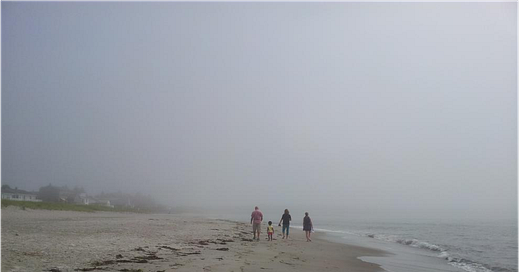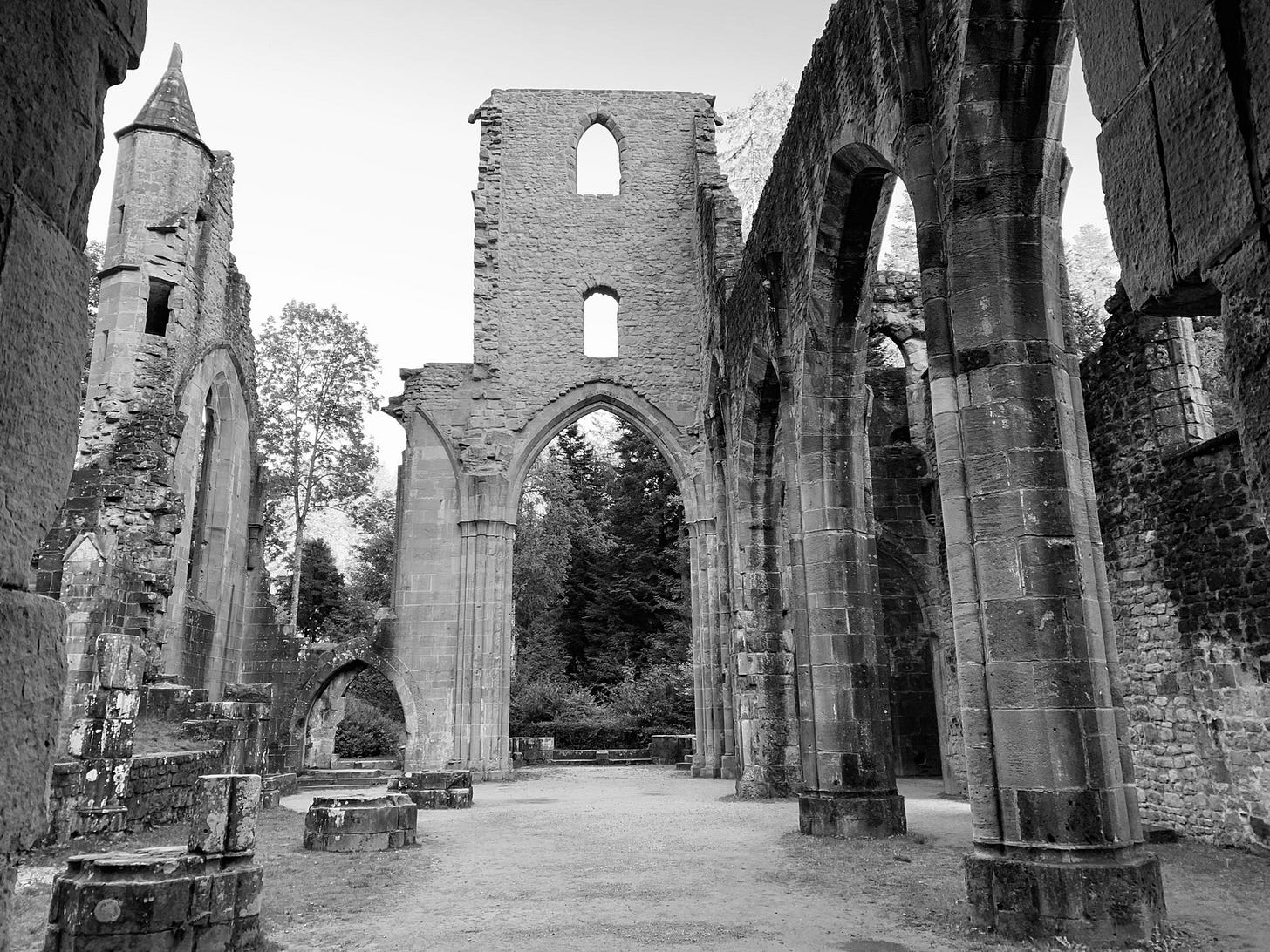062 - The death of a friend is a real death.
Because some friends have are grieving the death of a friend.
Welcome back (or welcome)!
Last week I told you there would be no newsletter this week.
In between, some friends lost a friend.
That’s always true, of course. In the course of a week, friends always are having friends who die. And that’s a really difficult death because we don’t have a simple word to describe it.
As I wrote to a friend this week, friends are families that you choose, and it's a huge loss that doesn't have a name. I mean, we can talk about being widows or orphans. But losing a sibling or a child or a friend, there aren't specific words for that. And so there's no shorthand.
We end up with "how long did you know each other" or "were you still friends?" or "when was the last time you talked? Oh, a couple years ago? So not close friends" which ignores how much our soul has been formed by this person.
+++
People come to the hospital when their bodies are close to stopping. We call them patients, though they are still people. And then other people come to visit. Sometimes there are limits on who can visit, and so we ask “What’s your relation? Are you next of kin?”
“I’m his brother” or “I’m his mother” is what we hear. What is technically true, however, is “He is like a brother.” or “He came to our house when no one was home at his house so he’s like my son.”
If I’m in my official role as a chaplain, following state laws and hospital policies, “like a brother” doesn’t count when the limits are to biological family. And I’m sorry.
But in my human role, in my supporter of those who are grieving, “like a brother” is often, as was said of Jesus, “closer than a brother.”
Though we don’t have good words for the loss of a friend, the grief you feel, the inability to think clearly, the need to not be strong, the pain - all of that is real and true.
This death is hard.
+++
Back in issue 33, I wrote this for those of us who know the answers about grief and death. It’s worth sharing again.
When you work in EMS and hospice, you know what happens in hard times. Pastors and chaplains are familiar with death and grief. Surgeons and therapists know inside and out how bodies and hearts are broken.
And we all know the things to say.
Until, of course, the person in the bed is your mom.
And you are the one in tears.
Just because you know the answers doesn’t mean you don’t feel the questions.
When I talk to helpers who are facing death in their own families, I acknowledge the challenge of turned tables. I remind them that there are nurses and physicians and chaplains who can care for them, so they can be the grieving son or spouse or parent.
The daughter said, “I was afraid I was getting callused.”
“You’ve got calluses from all the conversations,” I said. “You’ve built some toughness around watching the effects of trauma. But there’s a difference between calluses and being callused. When the defenses are down, you still feel.”
She agreed. Through the tears. As she looked at her mom.
Months later, I remind them of their grief. Because since the death of their loved one, they’ve cared for other families, their own family, the whole community, the congregation. And their own loss has been set aside. Almost forgotten.
Until I remind them why it’s so hard to think right now, why they are so tired.
Once the death is remembered, sometimes now there is time to weep.
And yes, I am thinking about you.
+++
Thanks for stopping by. See you next week.
Jon






